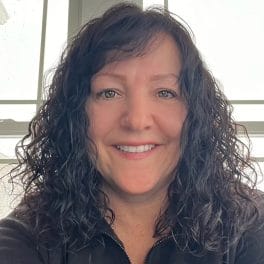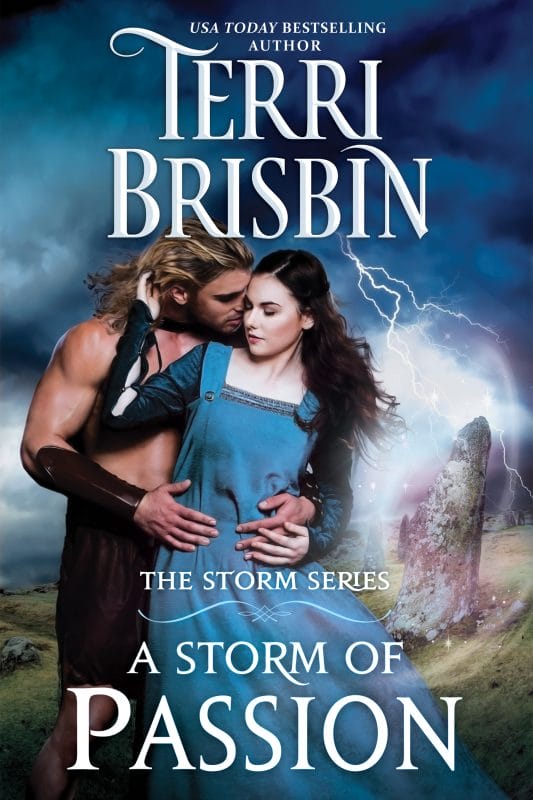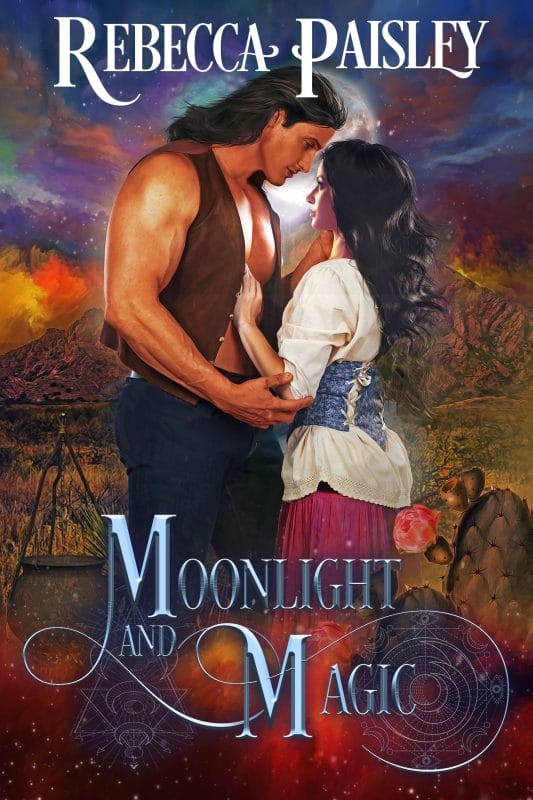
While perusing your local bookshop, reading a wonderfully unique novel, or scanning the “Also By” page of a book by one of your favorite authors, you’ve doubtlessly been struck with the same question at least once: How do they get all of their ideas? It’s seriously impressive, right?
Well, if you’ve been writing for any length of time, even if this month marks your first foray into it, you’ve hopefully come upon the truth that has mystified others for eons, the truth that likely inspired the Greek Muses: Once you open yourself up to inspiration, you’ll start to see it everywhere.
Our panel of authors answered almost unanimously to this question. Jaclyn Reding said
I might see something that intrigues me from history and then will end up building on that idea to a full story. I remember one of my books was inspired simply from a single lyric in a song.
Similarly, Kari Lee Hamon said hers comes from
Movies, TV shows, news stories, song lyrics, dreams, and real-life experiences.
Whereas Jill Barnett said:
I am an idea machine. They come to me like gifts from God. I see life in ideas.
That’s a rather beautiful sentiment, isn’t it? To see life in ideas? And it’s so true. So many imagine that the life of an author is about sitting solely in a room in front of a computer or a pad of paper and doing the physical act of writing out the words on the page. And that is some of it, for sure, but it’s not all by any means. As with any other form of creative expression, your well of creative ideas has to be replenished regularly. Those ideas don’t just sprout from your mind without being watered. And your well can run dry. You have to be willing to go out and dig that well a little deeper and tap into another source.
Writing can look like doing your dishes while listening to a podcast, and then suddenly realizing that something the host or guest said completely unlocks something that was stuck in your book. Writing can look like reading a book by one of your favorite authors, finally watching that TV show everyone has been talking about, or going to an art exhibit. Writing can even look like eating at a Waffle House in the middle of the night and seeing and hearing the people talk around you, just taking it all in. The accent of your waiter might be the accent of your character’s grandmother. You might see all of the toppings you can add onto your hash browns and imagine what the broody detective in your novel might put on his, and what that says about them. In truth, if you keep your well in check, the harder question might end up being, what doesn’t inspire you?
So, then comes the dilemma of how do you keep track of all of these ideas before they float out of your brain and into the aether. Just like Willa Blair says:
Ideas come from everywhere. If I manage to write them down before I forget them, I keep a file.
Half the time, the hardest thing about getting ideas is actually making sure they get put down somewhere where you can access them later. Furthermore, they need to be written down in a way that your future self will actually have any idea of what your past self was talking about. If you can help it, do not write just a single word or set of words and expect that you’ll remember what you meant. The chances are high that you won’t.
If you’ve ever read Bird by Bird by Anne Lamott, you’ll know that she keeps index cards and pens on or near her at all times so that she can write down a note when needed. For some of us, that physical act of taking notes in a notebook or on an index card can be exactly what we need. As long as you keep your tools near you and have some sort of a system, that might be perfect. You can also utilize Post-its, either in your notebook or around your desk as a changeable system. If you decide that something works better somewhere else in the book, you can easily pick up the Post-it and place it wherever you need it.
Of course, now there are a lot of digital tools we can use for the same thing. Google Keep, Evernote or Apple’s Notes App are great, minimal apps that act as little sticky notes for your random needs. You can use them to also save articles that have inspired you or images. Pintrest, Milanote, and Canva all allow you to make great visual mood boards, where you might want to house your ideas alongside similarly themed photos or quotes. And, if you want to get even more in-depth, you can use things like Notion or the Notes section in Scrivener to take detailed notes in almost any way that you can think of. If you’re not someone who carries a bag everywhere, it might make the most sense to use one of these so that all you have to have on you is your phone, which you were likely already going to have on you anyway.
You can also combine any of these options in whatever way works best for you. There is no one-size-fits-all all answer. Just make sure that, as we already said, if nothing else happens, you write those ideas down, and keep accepting inspiration into your life. Also, try not to take things so seriously. Once you start to add serious weight to these little ideas, that’s when anxiety and the like could also hamper their flow or make you feel like your ideas aren’t good enough. We know it’s hard sometimes, but just do your best. You’ll get there.

New York Times Bestselling Author Jill Barnett is a master storyteller known for her beautifully-written love stories rich with humor, emotion, and poignancy. In addition to the critical acclaim and numerous awards she has received, her books have been named Best of the Year, earned starred reviews and have been published in 23 languages and appeared on numerous bestseller lists. She lives in the PNW with her family.

Kari Lee Townsend is a National Bestselling Author of mysteries & a tween superhero series. She also writes romance and women’s fiction as Kari Lee Harmon. With a background in English education, she’s now a full-time writer, wife to her own superhero, mom of three sons, one darling diva, one daughter-in-law & two lovable fur babies. These days you’ll find her walking her dogs or hard at work on her next story, living a blessed life.
 Willa Blair is an award-wining Amazon and Barnes & Noble #1 bestselling author of Scottish historical, light paranormal and contemporary romance filled with men in kilts, psi talents, and plenty of spice. Her books have won numerous accolades, including the Marlene, the Merritt, National Readers’ Choice Award Finalist, Reader’s Crown finalist, InD’Tale Magazine’s RONE Award Honorable Mention, and NightOwl Reviews Top Picks. She loves scouting new settings for books, and thinks being an author is the best job she’s ever had.
Willa Blair is an award-wining Amazon and Barnes & Noble #1 bestselling author of Scottish historical, light paranormal and contemporary romance filled with men in kilts, psi talents, and plenty of spice. Her books have won numerous accolades, including the Marlene, the Merritt, National Readers’ Choice Award Finalist, Reader’s Crown finalist, InD’Tale Magazine’s RONE Award Honorable Mention, and NightOwl Reviews Top Picks. She loves scouting new settings for books, and thinks being an author is the best job she’s ever had.

Jaclyn Reding’s award-winning, bestselling historical and contemporary romance novels have been translated into nearly a dozen languages. A National Readers’ Choice Awards finalist, and Romance Writers of America RITA Award nominee, she is the proud, proud mom of two grown sons, and willing minion to an elderly cairn terrier and a tuxedo cat. Home is with her family in New England, in an antique farmhouse that she suspects is held together purely by old wallpaper and cobwebs. A lifelong equestrian, she spends her free time in the saddle, going over plotlines and character arcs with her confidant and toughest critic, a very opinionated retired racehorse named Brunello.





